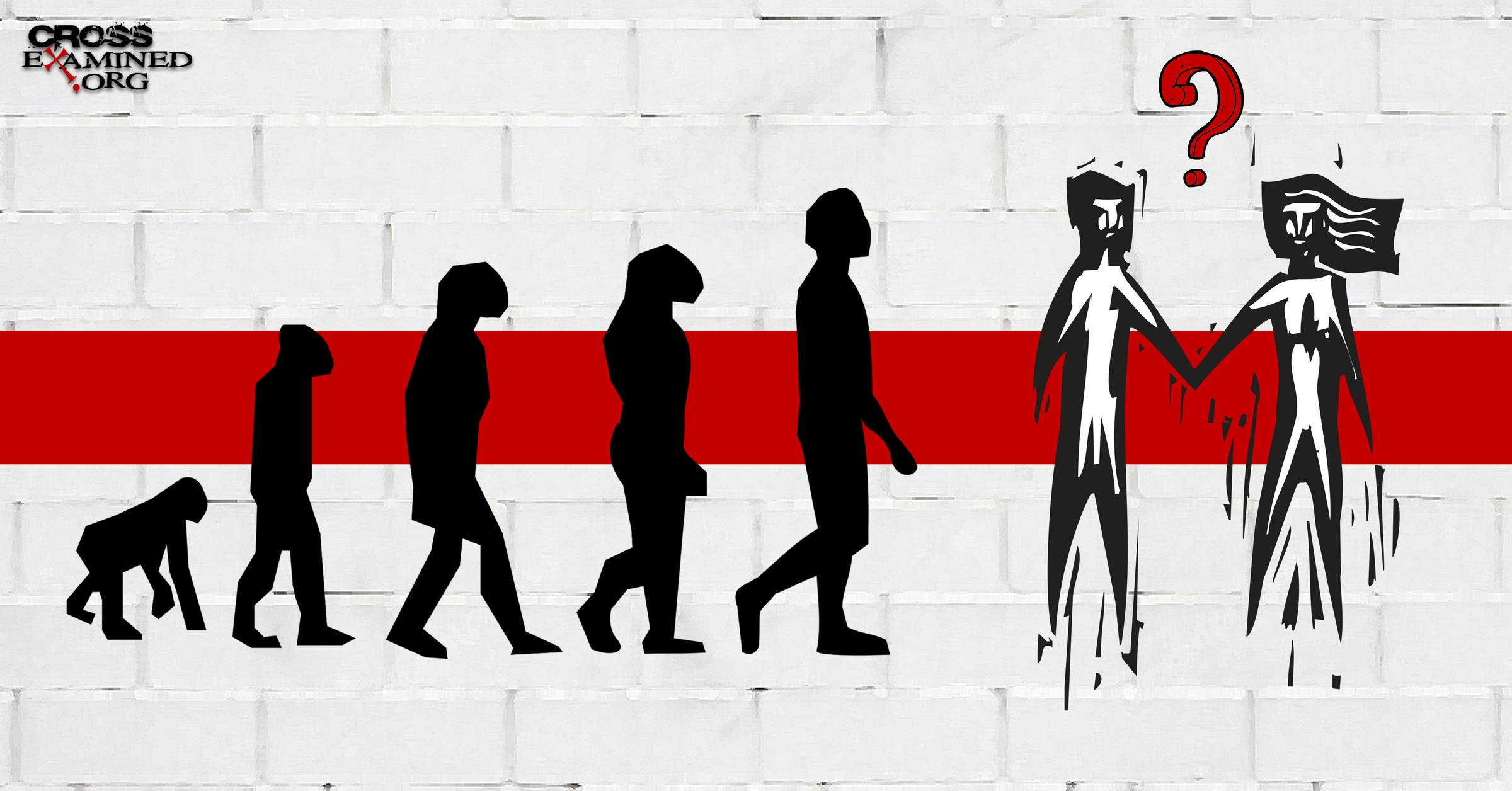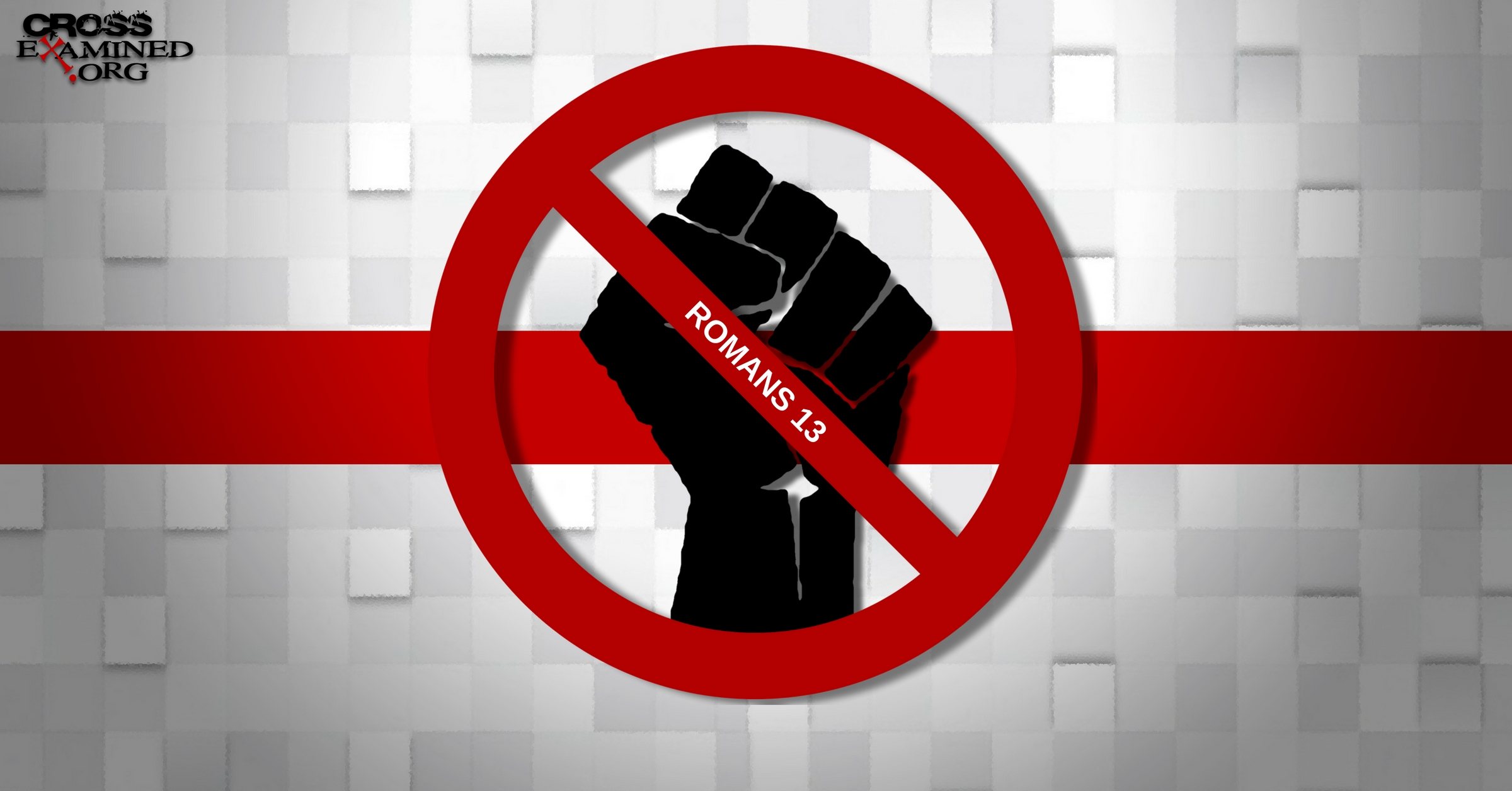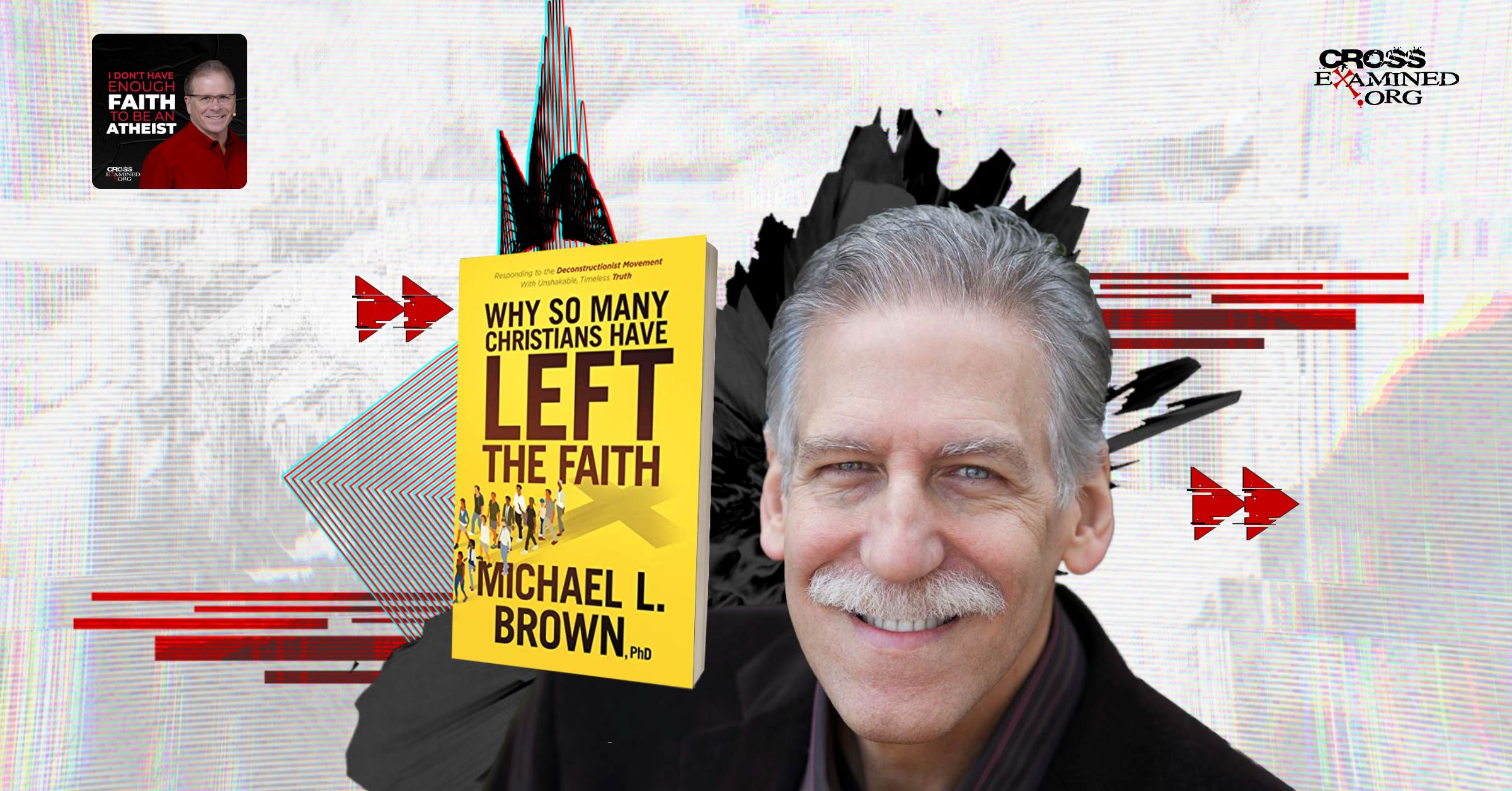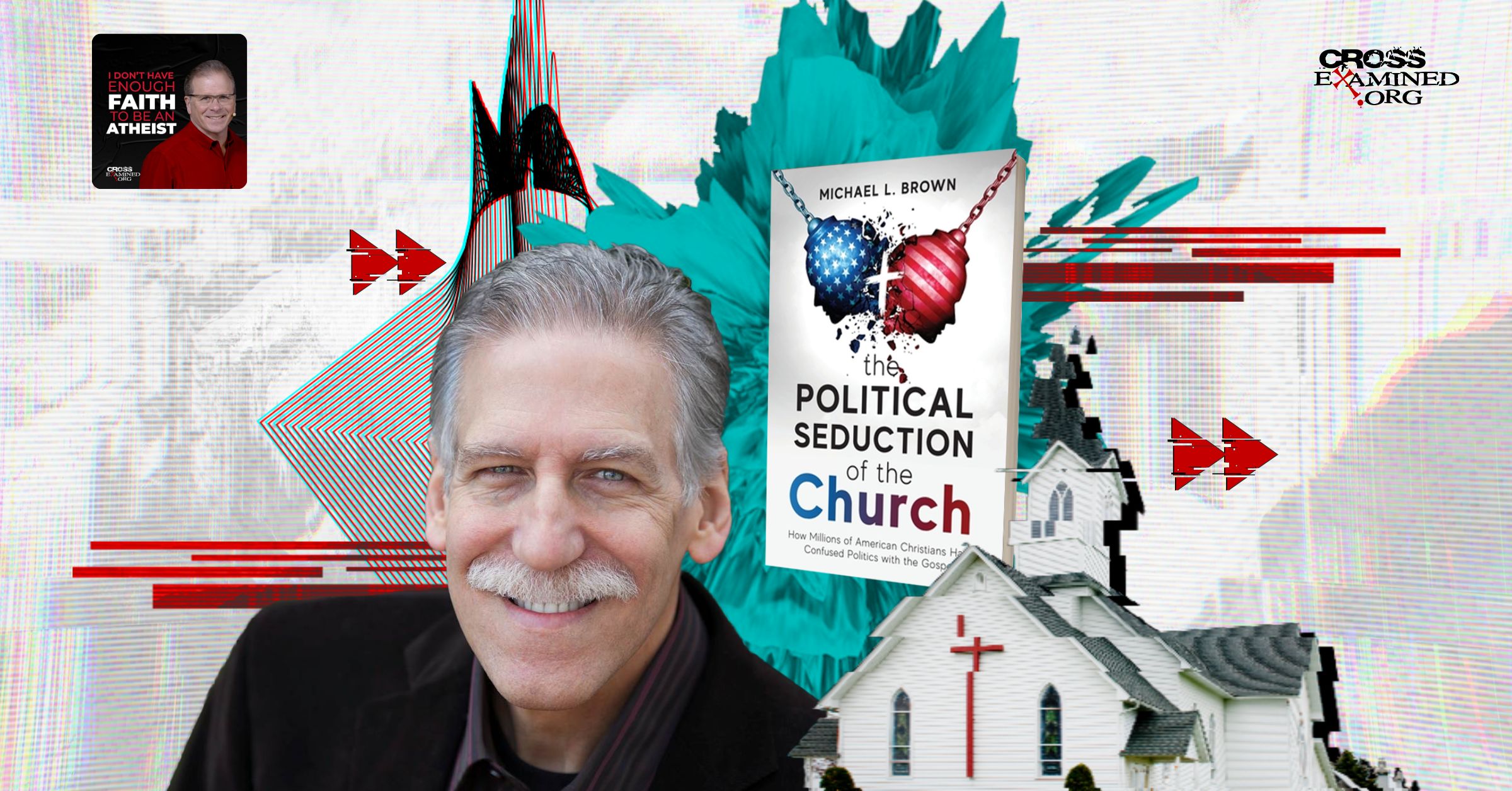Would It Have Been Better If God Had Not Created Us?
By Al Serrato
There has always been evil and suffering in the world, and how to make sense of it is a principal object of Christian apologetics. Often, the argument is made that God gave us free will, and as a result, people have the liberty to choose to do evil. But this answer does not satisfy the atheist; often, he will challenge God’s goodness, with comments such as the following:
You claim your God is omniscient. When he created the universe, he saw the sufferings which humans would endure as a result of the sin of those original humans. Surely he would have known that it would have been better for those humans to never have been born (in fact, the Bible says this very thing), and surely this all-compassionate deity would have foregone the creation of a universe destined to imperfection in which many of the humans were doomed to eternal suffering…or alternatively only create those humans who will freely choose God, and eliminate the possibility of their suffering.
This challenge has much intuitive appeal. We all rail against the suffering that each of us must face, to varying degrees, as our lives progress. We realize the fragility of our human condition, and how inhospitable this creation seems to be to flesh and blood mortals. It is frightening, indeed, to think of all the ways that our lives can be tragically altered, or ended. But does the harshness of this reality “prove” that God is not “good”?
What do you mean by “Good”?
The first step in responding to this challenge is to get a better idea of what is meant by “good.” Generally speaking, “good” is a measure of quality; how a thing or an idea measures up to a standard of performance. A “good” knife is one that appropriately performs its function, or its intended use. A “good” person is one that lives up to a standard of behavior. But how can one determine what that standard should be? For example, any time two opposing things are in conflict, whether they are teams, or armies or ideas, the quality of the outcome will necessarily be decided from the unique perspective of each of the involved parties. For instance, the American victory in World War II was a “good” outcome for Western democracy, but a decidedly “bad” outcome for those who staked their future fortunes on the Nazis. A good outcome for my favorite baseball team is when the other side loses. In short, and at the risk of sounding flippant, when it comes to conflicting worldviews or ideas, a “win” is the outcome which is good for the winner and bad for the loser.
With this basic distinction in mind, it would seem that, at least preliminarily, answering whether it was “better” to have “foregone the creation of a universe destined to imperfection in which many of the humans were doomed to eternal suffering” would depend on the person being asked. For those spending eternity in heaven with a God of infinite power, who intends to allow us to live eternally and joyfully in his presence, He certainly did the right thing in creating us and in giving us this opportunity. Infinite and eternal joy and fulfillment versus, well, oblivion – that’s not a difficult choice. By contrast, for the person suffering torment in hell, realizing that he will spend eternity aware of, but separated from, this awesome being, it will probably seem “better” that man was never created.
Who decides what’s “better?”
But let’s take it to a deeper level. How does one decide which of two sides is right in claiming that a successful conclusion according to their desires is an objectively “good” outcome. For example, the Nazis deemed victory in Europe a good outcome. Would their victory actually have made Nazi domination of Europe a “good” result? The Nazis would argue that in the period of a few short years they transformed Germany from a beleaguered nation experiencing great suffering because of the Versailles Peace Treaty to an economic powerhouse, a state marked by efficiency and great industry. They sought to expand that “efficiency” to the rest of Europe, what they would claim to be a good result. The Allies countered that their victory was not good simply because their side won. As the victors, they did not simply assert that they were right and then impose punishment on the vanquished. Instead, they tried the Nazi leaders in what is known to history as the Nuremberg War Crimes Trials, the purpose of which was to establish that crimes against humanity had been committed. The underlying premise was that the “good” accomplished by the Allies was not a subjective good, i.e. we’re glad we won and you lost, but an objective good, i.e. Nazi officials were guilty of conduct that was objectively evil, and therefore justly punished. The premise of the trials was that such objective knowledge of good was available to us, and not that the might of the victor makes right. But how can this objective assessment be made, if each side can claim that “good” is what suits them? This, of course, is a frequent argument of the theist. While an atheist can be moral, he cannot ground his morality, because only the existence of a transcendent being provides the basis for judging objectively the “good” or “evil” of any conduct under consideration.
“While an atheist can be moral, he cannot ground his morality.”
Without such an objective and transcendent judge, the atheist’s conclusions are mere opinions, mere statements of likes or dislikes. By that standard, the challenger here is left saying that having people end up in hell displeases him. To conclude that allowing anyone to suffer in hell is worse than not creating at all, the atheist must appeal to a standard of good and evil, a standard of goodness. But what is that standard?
Christians can at least make sense of this standard: it is for the Creator to decide. As applied to my World War Two example, which side had objective good on its side is not difficult to determine. Granted, this does not mean that the Allies did no wrong, or where completely free of evil action. No, the law and rules applied to them as much as to the Axis powers and history shows that there were indeed transgressions by the western powers. But only an Allied victory could be deemed an objectively good outcome, one consistent with God’s desires. Contrary to Nazi philosophy, all human beings are made in God’s image and are therefore endowed with God-given rights that no government can justly take from them.
It’s for God to Decide
Returning to the question raised by the challenger, the answer is the same: it is for the Creator to decide. Given his perfect knowledge, He is in a better position to judge which is a better outcome. Indeed, challenging God in this fashion seems rather presumptuous. The Creator of this universe is obviously immensely intelligent and powerful. That we should decide what He should do in creating – how He should go about assigning a value to competing options – makes about as much sense as my dog giving me advice on careers or on moral issues. Without the proper frame of reference, a proper sense of humility should prevent us from telling God how he should have approached His creative work.
In the end, foregoing creation would not have been a “good” solution for the many individuals who responded to God’s gift and are, or will be, experiencing eternity in His presence. When you combine this with the realization that people who are separated from God are separated by their own choice and not simply chosen at random, then it would not be fair to deprive so many of such joy when those who have refused God’s gift have done so of their own volition.
Recommended Resources:
Stealing From God by Dr. Frank Turek (Book, 10-Part DVD Set, STUDENT Study Guide, TEACHER Study Guide)
Legislating Morality: Is it Wise? Is it Legal? Is it Possible? by Frank Turek (Book, DVD, Mp3, Mp4, PowerPoint download, PowerPoint CD)
____________________________________________________________________________________________________________________________________________________
Al Serrato earned his law degree from the University of California at Berkeley in 1985. He began his career as an FBI special agent before becoming a prosecutor in California, where he worked for 33 years. An introduction to CS Lewis’ works sparked his interest in Apologetics, which he has pursued for the past three decades. He got his start writing apologetics with J. Warner Wallace and Pleaseconvinceme.com.











